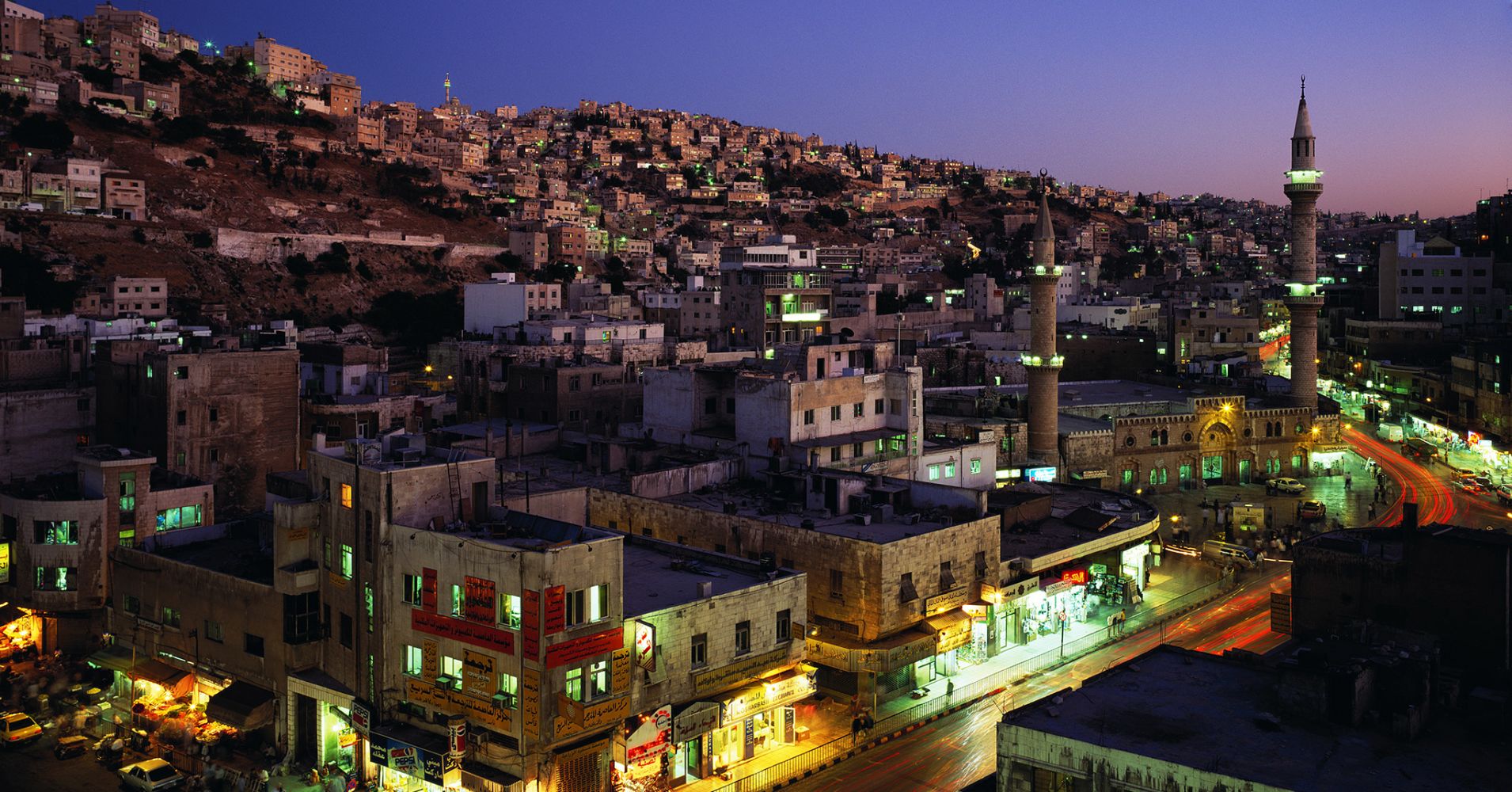
Political, civil and economic turmoil in Jordan’s neighboring countries Syria and Iraq has been “really tough” on the domestic economy, Jordan’s Minister of Investment told CNBC on Tuesday.
“The truth is, we’ve lost our natural market in Syria and Iraq, and it has been really tough for our exporters,” Jordan’s Minister of Investment Muhannad Shehadeh said.
“In spite of that, in 2017, foreign direct investment (FDI) in Jordan grew by 7.5 percent and it had dropped by 11.5 percent in the (wider) region,” he added, speaking to CNBC’s Hadley Gamble in Amman.
Syria and Iraq straddle Jordan’s north and north-eastern borders while Saudi Arabia lies to the south and Israel to the west. Civil war, poverty and terrorism in Syria and Iraq (as well as Yemen and Sudan) have largely impacted Jordan with an estimated 750,000 registered refugees, according to the UN’s Refugee Agency, now living in the country.
Geopolitical concerns and economic reforms within Jordan have impacted foreign direct investment (FDI) although Shehadeh, who is also president of Jordan’s Investment Commission, said the picture is improving.
After a difficult first quarter in terms of FDI in 2018 (the Central Bank of Jordan said FDI inflows fell 54 percent during the first quarter), Shehadeh forecast that FDI in Jordan would grow by 5 percent this year.
Domestic economic challenges were still at the forefront of the government’s policies, however. In January 2018, the cabinet announced a major package of tax rises and subsidy cuts. In addition, the IMF approved in 2016 a three-year extended ambitious program of long delayed structural reforms to cut public debt to 77 percent of GDP by 2021, down from a record 96 percent, Reuters reported.
Jordan’s economic growth has declined in recent years, hit by the financial crisis of 2008 and latterly by regional conflict, deterring investors. In 2017, the economy grew 2 percent.
“Today we have two challenges on our hands, we have the fiscal challenge – in which we’re trying to reform — and there are serious actions being taken in order for us to strengthen our economy. And the second challenge we have is that we continue to strive for better growth.”
“We need to grow 5 percent year-on-year in order for us to actually start seeing the economic cycle to start building up to the level we want it to (be at). We have a growth map and in 2018 and 2022 there are certain projects that we need to start filling in and this is an opportunity to invite investors to have a look at … investments (opportunities)”
Jordan is aiming to be a regional investment hub, Shehadeh said: “Jordan has the youth, infrastructure and capabilities.”
The likes of Expedia, Microsoft and Cisco have set up bases or invested in Jordan’s capital Amman and Shehadeh said interest continues to grow. “We’re active and we’re seeing lots of people being interested in Jordan,” he said. “Secondly, tourism numbers are growing and I hear that tourism numbers are up 15 percent versus last year.”
Jordan has created “development zones” in different parts of the country with each area tackling different sectors, such as technology or logistics. The zones are designed to attract both local and foreign investments.
Jordan’s Investment Commission has tried to attract businesses by offering low tax rates, including a 5 percent rate of income tax on income generated from all economic and manufacturing
activities undertaken in such zones. (https://jic.gov.jo/portal/en/why-jordan/development-zones-free-zones) “Manufacturers can come and set up shop. (the areas) are ready to go,” Shehadeh said.

